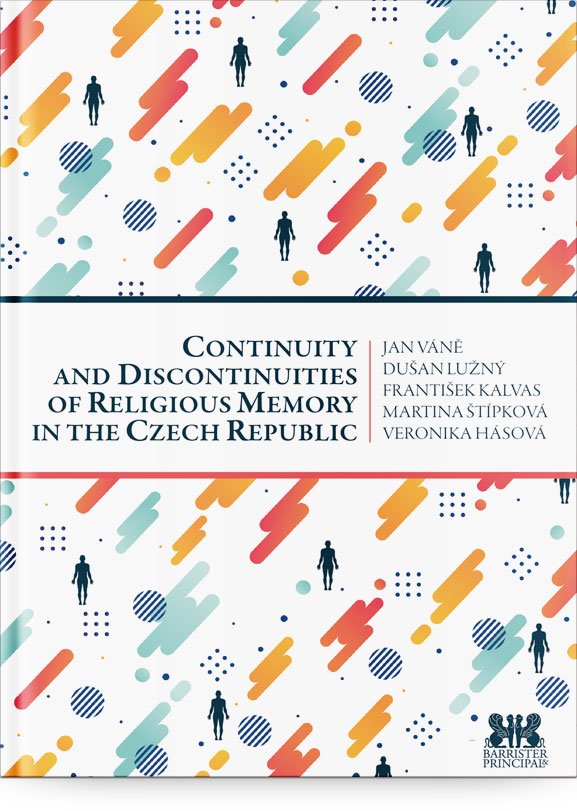This publication has several modest goals:
We shall describe how we conceptualised religious memory for the purposes of qualitative and quantitative survey research, and we shall explain how we operationalised religious communicative and cultural memory and why we believe that the questionnaire we designed and present here can also be applied in other contexts outside Czech society.
Given the volume of data we obtained, we want to present at least a portion of our results and show what types of findings were achieved through our conceptualisation and operationalisation of religious memory.
Finally, we want to present non-Czech-speaking readers with a comprehensive work describing changes in religiosity in Czech society, in this case from the perspective of memory studies. In other words, we want to offer an international audience a piece of work broader than just a journal article focusing on the study of religion in the Czech Republic.

